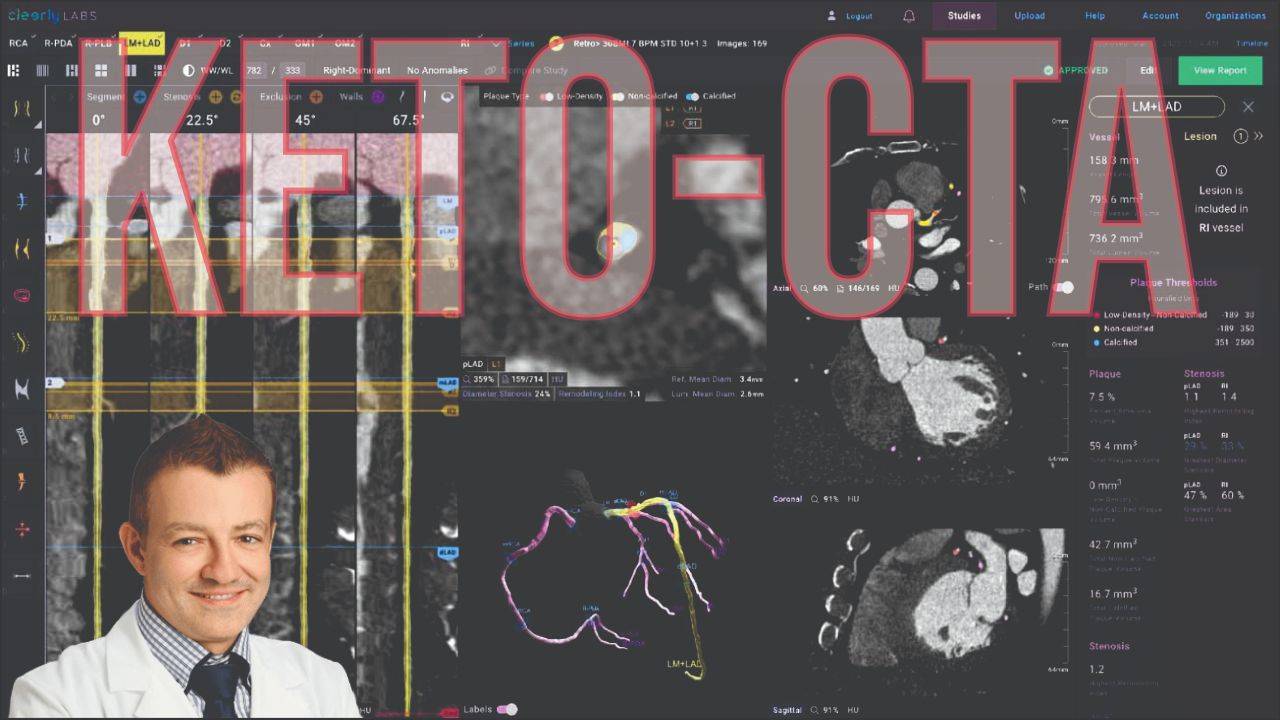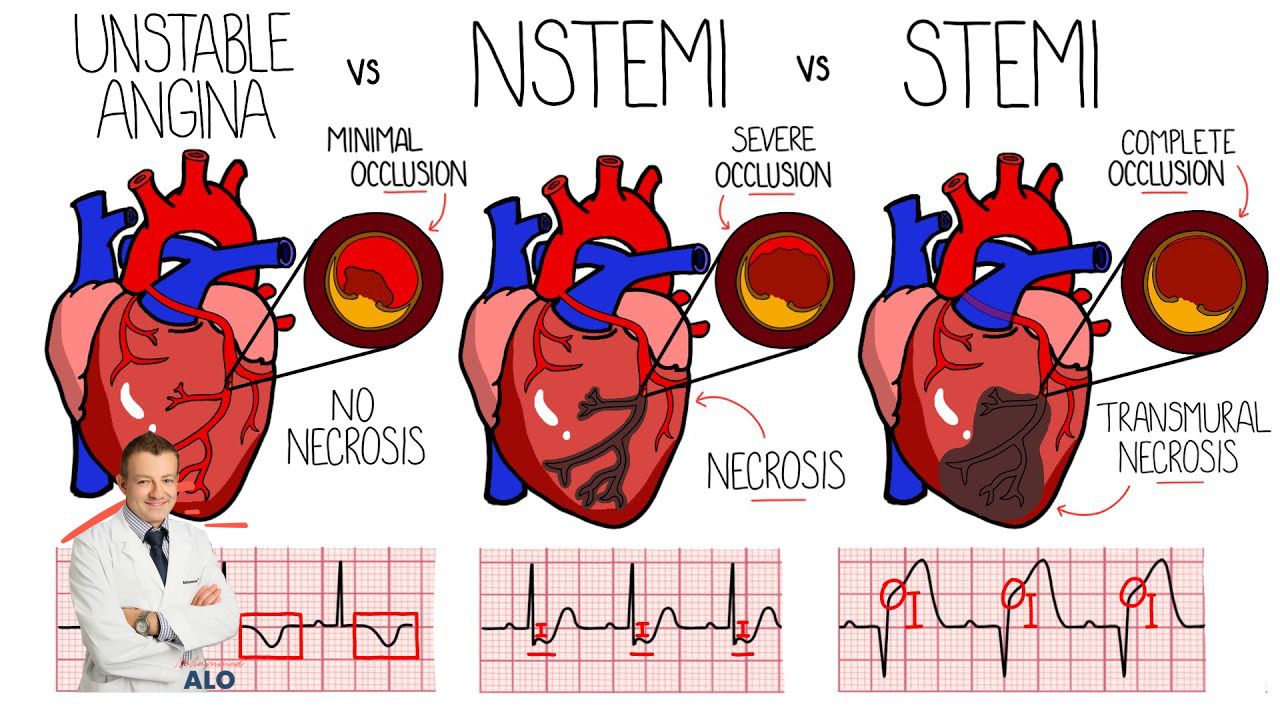Do Statins Or Low Cholesterol Cause Cancer
Jan 05, 2025
Does Low Cholesterol Or Statin Medications Cause Cancer?
This is a great question! I have to answer this every day with my patients and on social media. Fortunately, this has been studied extensively and we have the answers.
Statins actually reduce the risk of all forms cancer.
A very well done study looked at this exact question. This was a prospective study and the methods used were very well thought out and planned. They looked at a wide variety of ethnic and geographic backgrounds.
They looked at 146, 326 women in the Women's Health Initiative Observational Study and Women's Health Initiative Clinical Trial. They compared stating users, to never users and followed them for 14.6 years. This was over 1.8 million person years of follow up.
Statin Use Reduces Cancer Deaths and All Cause Mortality
Overall, statin users had a Hazard ratio of 0.78, meaning that they had a 22% lower risk of cancer death. They also had a 20% reduction in all cause mortality, or the chance of dying of any cause.
The lower risk of death from cancer was not dependent on the potency (strength) of the statin used. Nor was it dependent on cancer lipophilicity (ability to cross cell membranes). Nor the type of cancer nor duration matter.
Statin use did not affect cancer incidence, even though it improved cancer survival.
Cancer Cholesterol Study: Confounders and Adjustments
They adjusted for potential confounders and included baseline covariates age, race/ethnicity, education, smoking, body mass index, physical activity, family history of cancer, current health-care provider, oral contraception use, prior unopposed estrogen use, prior estrogen plus progestin use, solar irradiance (latitude), prior CHD history, prior diabetes history, randomization into the CaD trial, and age at menarche. Participants who did not die of cancer were censored at death due to other causes, last contact, or out-of-date medication collection.
It also appeared that NSAIDS (ibuprofen, aspirin, etc) attenuated this effect of statins, but no other substances did.
Take a look at the below forest plot and Hazard Ratios. Every statin reduced cancer survival except Cerivastatin which was taken off the market many years ago.


Other Lipid Lowering Medications and Cancer Rates
There also appears to be reduced cancer rates and improved survival in other lipid lower medications. This would make sense, since LDL particles are quite atherogenic and inflammatory. And since LDL particle impede blood flow to tissues, regenerative and protective mechanisms in place to fight cancer may not be nourished adequately.
Discussion from the authors:
"In this prospective cohort study, we found that current statin use in postmenopausal women with cancer was associated with lower risk of cancer death. Use of other lipid-lowering medications was also associated with a lower risk of cancer death; this finding suggests that a reduction in circulating cholesterol levels may mediate increased cancer survival. However, a dose–response relationship was not found, suggesting that results should be interpreted cautiously. Multiple molecular mechanisms have been linked to statins and cancer, including the mevalonate pathway (Fenton et al, 1992; Herold et al, 1995; Deberardinis et al, 2008; Boudreau et al, 2010), G-proteins (Wong et al, 2002; Demierre et al, 2005), isoprenoid-mediated suppression (Wong et al, 2002), the RAF-mitogen-activated protein kinase 1 pathway (Wu et al, 2004), and anti-angiogenic properties of statins (Weis et al, 2002)."
Study:
https://www.nature.com/articles/bjc2016149
Mechanisms By Which Statins Reduce Cancer
There appears to be a multitude of mechanisms by which statins reduce cancer rates and death from cancer. Among the most prevalent is the mevalonate pathway. They also affect G-proteins, isoprenoid-mediated suppression, RAF-mitogen-activated protein kinase 1, and anti-angiogenic pathways. Statins affect most of these pathways which makes it difficult for cancer cells to spread and grow.
Studies:
https://www.nature.com/articles/bjc2016149#ref-CR17
Reducing LDL Cholesterol Reduces Cancer Risk, Survival, and Death Rates
Another retrospective Danish study showed a statistically significant 15% reduction in all-cancer mortality for patients who were on a statin prior to their cancer diagnosis. This was a retrospective study, the prior study was prospective and generally considered stronger. It is nice to have multiple studies and data points all corroborating the data and evidence.
Study:
https://www.nature.com/articles/bjc2016149#ref-CR31
https://www.nature.com/articles/bjc2016149#ref-CR22
https://www.nature.com/articles/bjc2016149#ref-CR13
https://www.nature.com/articles/bjc2016149#ref-CR5
https://www.nature.com/articles/bjc2016149#ref-CR40
https://www.nature.com/articles/bjc2016149#ref-CR14
https://www.nature.com/articles/bjc2016149#ref-CR41
https://www.nature.com/articles/bjc2016149#ref-CR39
Does High Cholesterol Protect From Cancer
To date there is no reliable data to show that shows that high cholesterol protects from cancer. There have been some associations and cohort studies, but those associations are due to reverse causality and survivorship bias. When you don't die from heart disease, you will ultimately die of something, and that is usually cancer since it is the number two killer.
Lower Cholesterol Shows Lower Death From Cancer
There have been plenty of cardiovascular studies that have also shown reduced cancer rates and death from cancer in those on lipid lowering therapy, or those with lower cholesterol levels.
Do Statins Cause Cancer?
A large meta analysis looked at statin users over a 5 year period and found no association between cancer use and fatal or non fatal cancers.
Study:
https://www.amjmed.com/article/S0002-9343(01)00705-7/abstract
Did You Like This Article?
This post is a chapter from my new Cholesterol Book. If you want updates on when that book will be ready for purchase, click on my updates link and sign up to receive updates:
Power of 3 Bundle
Grab My 5 Step Quick Guide for Weight Loss & My Ultimate Macro Counting Guide & My Ultimate Lipid Guide for FREE! Normally a $197 Bundle!
Everything you need to live a healthy life, live longer, and lose weight properly!
Most of my clients, friends, and patients lost all the weight they ever wanted with this bundle!
I hate SPAM. I will never sell your information, for any reason.















